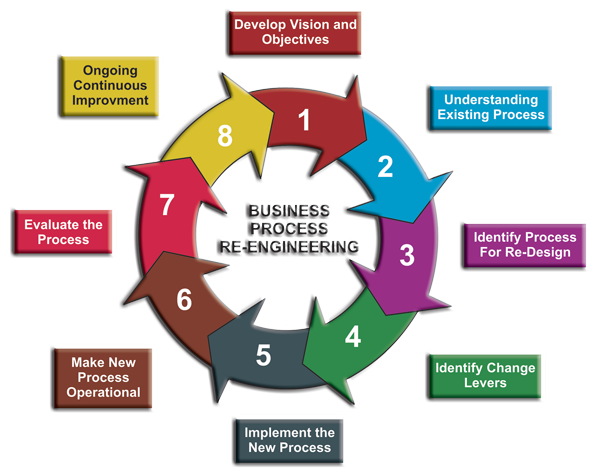
Medicaid Data Systems: Both the Office of Inspector General and the Government Accountability Office have highlighted inadequacies in Medicaid data and data systems as a significant program integrity concern for Medicaid.These dollars fund comprehensive efforts to combat health care fraud, waste, and abuse, including prevention-focused activities, improper payment reduction, provider education, data analysis, audits, investigations, and enforcement. The funding is allocated to: the Medicare Integrity Program the Health Care Fraud and Abuse Control Account, which is divided annually among the HHS Office of Inspector General other HHS agencies Department of Justice and the Federal Bureau of Investigation. The $1.4 billion in mandatory base funds for FY 2018 are financed from the Medicare Part A Trust Fund. Mandatory Health Care Fraud and Abuse Control Account The Health Care Fraud and Abuse Control investment also supports efforts to reduce the Medicare and Medicaid improper payment rates, while implementing new processes to reduce provider burden. Recent investments in Health Care Fraud and Abuse Control have allowed for the expansion of fraud and abuse prevention efforts and led to a shift away from the “pay-and-chase” model toward preventing fraud, waste, and abuse on the front end.

The discretionary funding is allocated to CMS program integrity activities ($610.4 million), the Department of Justice ($66.4 million), and the HHS Office of Inspector General ($74.2 million). The Budget requests base discretionary funds ($317 million) plus a discretionary cap adjustment ($434 million), which is consistent with the Budget Control Act of 2011. The Budget requests $751 million in discretionary Health Care Fraud and Abuse Control funding, $70 million above the FY 2016 enacted level. Savings are not scoreable under PAYGO.ĭiscretionary Health Care Fraud and Abuse Control Account Health Care Fraud and Abuse Control Multi-Year Investment and Savingsġ/ Total Program Levels may not add due to rounding.Ģ/ Reflects savings already assumed in current law, as well as savings attributable to the new discretionary investment request above current law. Of the total FY 2018 program level, $1.4 billion is mandatory funding and $751 million is discretionary funding. The FY 2018 Health Care Fraud and Abuse Control program level is $2.1 billion. The FY 2018 Budget proposes to build on recent progress by increasing support for the Health Care Fraud and Abuse Control program through both mandatory and discretionary funding streams. Health Care Fraud and Abuse Control Progam

For FY 2018, the Budget assumes $2.1 billion in total mandatory and discretionary investments in the Health Care Fraud and Abuse Control program. The Fiscal Year (FY) 2018 Budget strengthens the integrity and sustainability of Medicare and Medicaid by investing in activities that prevent fraud, waste, and abuse and promote quality and efficient health care. Health Care Fraud and Abuse Control Mandatory /2 /3ġ/ Reflects the annualized level of the Continuing Resolution that ended April 28, 2017, including the across the board reduction, the 21st Century Cures Act, and directed transfers.Ģ/ The FY 2016 and FY 2017 mandatory base includes sequester reductions.ģ/ Does not include Deficit Reduction Act funding for the Medicaid Integrity Program, which is discussed in this chapter but is in the State Grants and Demonstrations account. Health Care Fraud and Abuse Control Discretionary /1 The Centers for Medicare & Medicaid Services ensures availability of effective, up-to-date health care coverage and promotes quality care for beneficiaries. Topics on this page: CMS Program Integrity Budget Overview | Health Care Fraud and Abuse Control Progam | Medicaid Integrity Program | 2018 Legislative ProposalsĬenters for Medicare & Medicaid Services (CMS): Program Integrity Strategic Goal 5: Advance Strategic Management to Build Trust, Transparency, and Accountability.Strategic Goal 4: Restore Trust and Accelerate Advancements in Science and Research for All.Strategic Goal 3: Strengthen Social Well-Being, Equity, and Economic Resilience.Strategic Goal 2: Safeguard and Improve National and Global Health Conditions and Outcomes.Strategic Goal 1: Protect and Strengthen Equitable Access to High Quality and Affordable Healthcare.Overview: Strategic Plan FY 2022 - 2026.Strategic Plan FY 2022 - 2026 has sub items, about Strategic Plan FY 2022 - 2026.FY 2021 Annual Performance Plan and Report.




 0 kommentar(er)
0 kommentar(er)
